The evidence continues to mount: breastfeeding offers remarkable protection for both mothers and children far beyond basic nutrition. A 2025 systematic review and meta-analysis has revealed that breastfeeding provides significant protection against six major autoimmune diseases, with particularly strong evidence for rheumatoid arthritis, multiple sclerosis, and type 1 diabetes. When we combine this latest study with emerging data on the economic value of human milk, the case for comprehensive breastfeeding support becomes even more compelling.
The results of the study indicated that breastfeeding provides an overall protective effect against autoimmune diseases, with a significant protective effect on RA, MS and T1D. Furthermore, this protective effect was more pronounced with breastfeeding duration of at least 4 months.
This comprehensive analysis represents the most current understanding of how breastfeeding impacts immune system development from the very beginning of life. Children who were breastfed had a lower incidence of diabetes, celiac disease, multiple sclerosis and asthma, explained by the protection against early infections, anti-inflammatory properties, antigen-specific tolerance induction, and regulation of the infant's microbiome.
The research reveals a critical finding: breastfeeding for at least four months provides optimal protection against autoimmune diseases. This timeframe supports the current recommendations for exclusive breastfeeding until 6 months of age and highlights the importance of supporting families through those crucial early months when challenges are most common.
Understanding this protective threshold helps healthcare providers counsel families about the long-term benefits of breastfeeding. Those first four months aren't just about establishing feeding—they're about promoting lifelong immune health.
While the health benefits of breastfeeding are well-established, recent economic analyses reveal the staggering financial value of human milk production. According to lactation expert Nikki Lee's comprehensive calculations, the daily value of human milk produced by exclusively breastfeeding mothers reaches over $200 million per day in the United States alone.
Using current milk bank pricing of $4.50 per ounce and average daily consumption of 26.5 ounces, each exclusively breastfeeding mother produces approximately $119.25 worth of milk daily. When calculated across the estimated 1.7 million babies receiving exclusive breastfeeding in the U.S., the annual value approaches $29 billion—for just one country.
These figures don't just represent theoretical value—they reflect the real economic contribution families make to their household budgets and national food security. As Lee notes in her presentation of Benefits of Breastfeeding and Their Economic Benefit, "This tool highlights mothers' economic contribution to the family and society through breastfeeding."
The autoimmune protection research takes on even greater significance when viewed through a population health lens. Therefore, breastfeeding plays an important role in protecting infants as well as mothers from the risk of type 1 and type 2 diabetes. Rheumatoid arthritis is a chronic and systemic inflammatory illness that causes irreparable damage to cartilage and bones.
The global economic burden of autoimmune diseases is substantial. With healthcare costs continuing to rise, preventive measures like breastfeeding support represent sound public health investments. The potential cost savings from reduced autoimmune disease incidence could be substantial when multiplied across populations.
Type 1 Diabetes: The protection against type 1 diabetes is particularly significant given its lifelong impact and management requirements. Early immune programming through breastfeeding may help prevent the autoimmune destruction of insulin-producing cells.
Multiple Sclerosis (MS): MS typically develops in young adulthood, affecting individuals during their most productive years. The protective effect of early breastfeeding could potentially prevent decades of disability and healthcare costs.
Rheumatoid Arthritis (RA): As a chronic inflammatory condition requiring ongoing treatment, RA prevention through breastfeeding could significantly reduce both individual suffering and healthcare expenditures.
Despite the clear benefits of breastfeeding for at least four months, many families face significant barriers to reaching this goal. Common challenges include:
Healthcare providers, including IBCLCs, play a crucial role in helping families understand both the immediate and long-term benefits of breastfeeding. The autoimmune protection research provides another powerful tool for counseling families about the importance of breastfeeding duration.
Providers should be aware that:
The environmental impact of infant feeding choices extends far beyond individual families. As climate change concerns grow, the sustainability of human milk production versus formula manufacturing becomes increasingly relevant. Formula production and disposal create significant environmental burdens, while breastfeeding represents a renewable, zero-waste feeding system.
When we consider that 195 countries worldwide could potentially produce billions of dollars worth of human milk annually, the scale of this renewable resource becomes apparent. This production occurs without industrial infrastructure, transportation networks, or waste disposal systems.
The convergence of autoimmune protection research and economic value calculations creates a compelling case for enhanced breastfeeding support systems. The four-month minimum threshold for optimal autoimmune protection should inform policy decisions about parental leave duration and healthcare coverage for lactation support.
For families, this research reinforces the value of:
For healthcare systems, the evidence supports:
The 2025 research on autoimmune disease protection adds another layer to our understanding of breastfeeding's far-reaching benefits. When combined with emerging economic analyses showing the tremendous value of human milk production, the case for supporting breastfeeding families becomes overwhelming.
The four-month breastfeeding minimum threshold for optimal autoimmune protection provides a clear, evidence-based target for supporting families through the challenges of early breastfeeding. By understanding both the immediate economic value and long-term health protection that breastfeeding provides, we can offer families and communities a more complete picture of why this relationship matters—not just for individual babies and parents, but for our collective health and economic well-being.
As we continue to uncover the multifaceted benefits of breastfeeding, from autoimmune protection to economic value to environmental sustainability, one thing becomes clear: supporting breastfeeding families is one of the most effective investments we can make in our shared future.
At Nest Collaborative, we believe in providing evidence-based support that honors the complexity of feeding journeys. Our lactation consultants are trained to help families navigate challenges while working toward their personal goals, whether that's four months, two years, or anywhere in between.
References
Lee, N. (2025). Benefits of Breastfeeding and Their Economic Benefit. Presented at GOLD Lactation Conference.
Li, W. J., Gao, Y. C., Hu, X., Tan, Y. T., Deng, J. J., Pan, H. F., & Tao, S. S. (2025). Association between breastfeeding and the risk of autoimmune diseases: A systematic review and meta-analysis. Autoimmunity Reviews, 24(2), 103618. https://doi.org/10.1016/j.autrev.2025.103618
